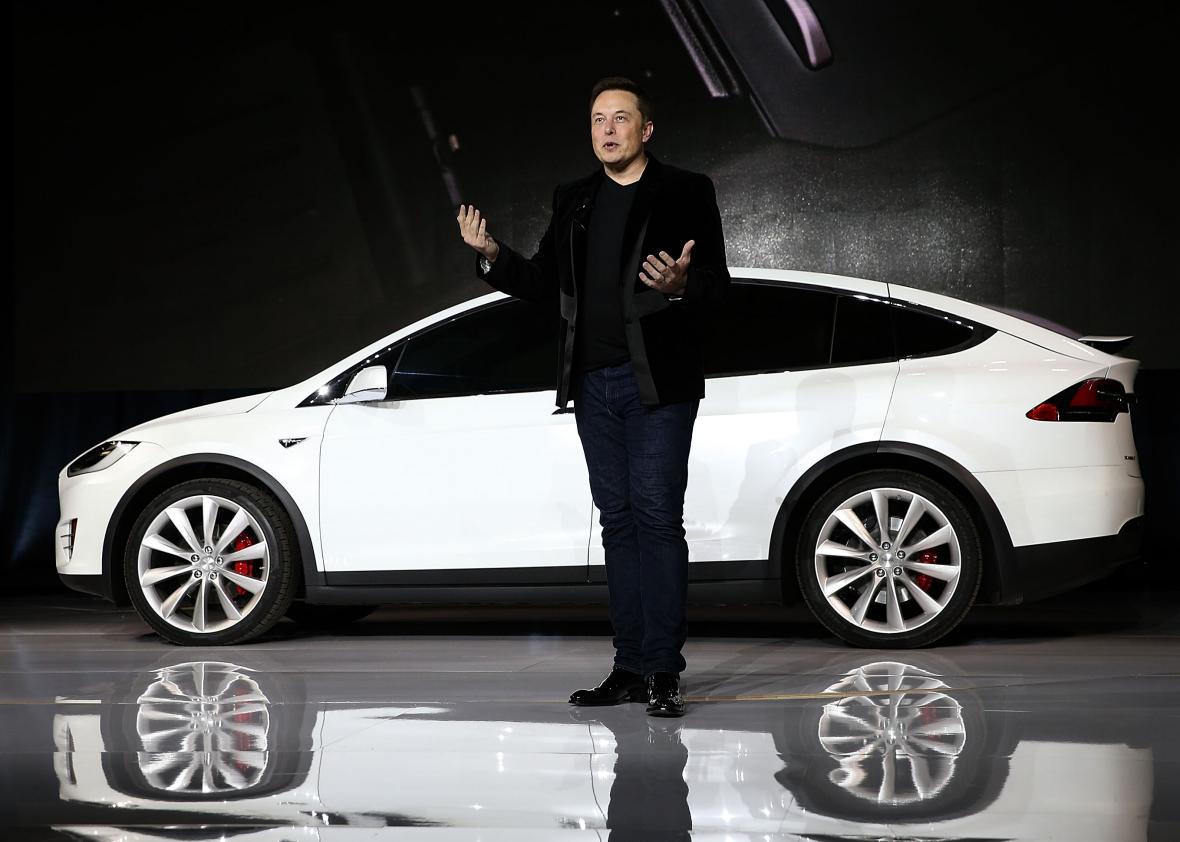This question originally appeared on Quora, the knowledge-sharing network where compelling questions are answered by people with unique insights. You can follow Quora on Twitter, Facebook, and Google Plus.
Answer by Jeremy Arnold, business analyst:
Here’s the thing about Elon Musk: He doesn’t spend a lot of energy worrying about what others are up to. His focus is on evolution, on creating the future. I don’t suspect that Tesla’s market position vis-à-vis Uber was really a consideration when he wrote his blog post outlining his new master plan. He just came up with a blueprint he felt was the right solution for a significant problem. When you’re the one birthing the industry, competition is a healthy symptom of your own success.
Now, is this bad news for Uber? Absolutely—but perhaps not in the way we’d think. This runs deeper than a fight for market share. This is about the clash of two very different types of organizations—or, if you will, two distinct visions of capitalism.
Uber is best understood as an Amazon clone built on the Jeff Bezos premise: borrow aggressively, grow to scale, then solve for ethics. The unintended consequences (“externalities” in economic speak) are a problem for a future day, which tends to be regularly postponed at each growth point. It’s the “creative destruction” argument on steroids.
Now, it should be noted that Joseph Schumpeter, the one who coined that phrase, also suggested that this way of thinking, however productive, had an expiration date. It was his opinion that this sort of capitalism would both “break the barriers that impeded its progress” while simultaneously “destroying the buttresses that prevented its collapse.”
In layman’s terms? If you move too fast and break too many things, you end up breaking things you end up needing, like the support of government and the existence of a class of workers who can afford your products. As we can see with the Bernie Sanders and Donald Trump movements, Schumpeter was on to something.
This is where Tesla (along with sister company SolarCity) is really a unique premise. Musk is a good student of history. He’s stolen bits from a dozen different models. But his mission was always constructed with externalities in mind. He understands that progress comes with messy costs. But he’s also of the persuasion that they can (and should) be controlled and minimized. So, while he works to create products that will unemploy millions, he also works to create ecosystems that will both cushion the fall and give them a means of bouncing back.
Uber, in stereotypical Silicon Valley fashion, has made grandiose claims about how it’s connecting the world, creating a better future, yada yada. But its actions don’t really reflect a deep concern about the future. Its endgame is creating a fleet of vehicles running on AI controls and its own commerce platform. It offers value to customers, sure, but the real objective is its own bottom line.
This isn’t to say that Tesla is a humanitarian NGO. It’s certainly going to make a healthy profit. But it’s not trying to sell services-as-a-commodity like Uber (i.e., where both the car and the revenue are theirs). It’s offering a commodity with benefits (i.e., you buy the car, then recoup some of your costs by letting Tesla lend it out when you aren’t using it). It offers the same downstream upsides, but in a more egalitarian way.
While it’s true that Musk has become the second coming of Tesla (the person) in terms of public idolatry, it’s hard to say it isn’t somewhat deserved. Let’s consider just a single line from the “master plan” in question: “I thought our chances of success were so low that I didn’t want to risk anyone’s funds in the beginning but my own.”
That’s simply not a thing you really hear in the startup world. It kind of defies the whole point of corporate capitalism—where the financial risks are externalized for the sake of promoting creativity and big thinking. Musk, as per usual, is operating by his own playbook.
There are more layers to this, such as Tesla’s possible incorporation of Ethereum, but the moral here is simpler than all that: There are two companies with subtly but directly opposing philosophies—one rooted in pursuing profits at the expense of changes to the world, and one rooted in seeking profits as a means of changing the world.
I’d suggest that difference is substantial.
Does Elon Musk’s latest Tesla blog post mean that Tesla is positioning itself as an Uber competitor? originally appeared on Quora. More questions on Quora:
